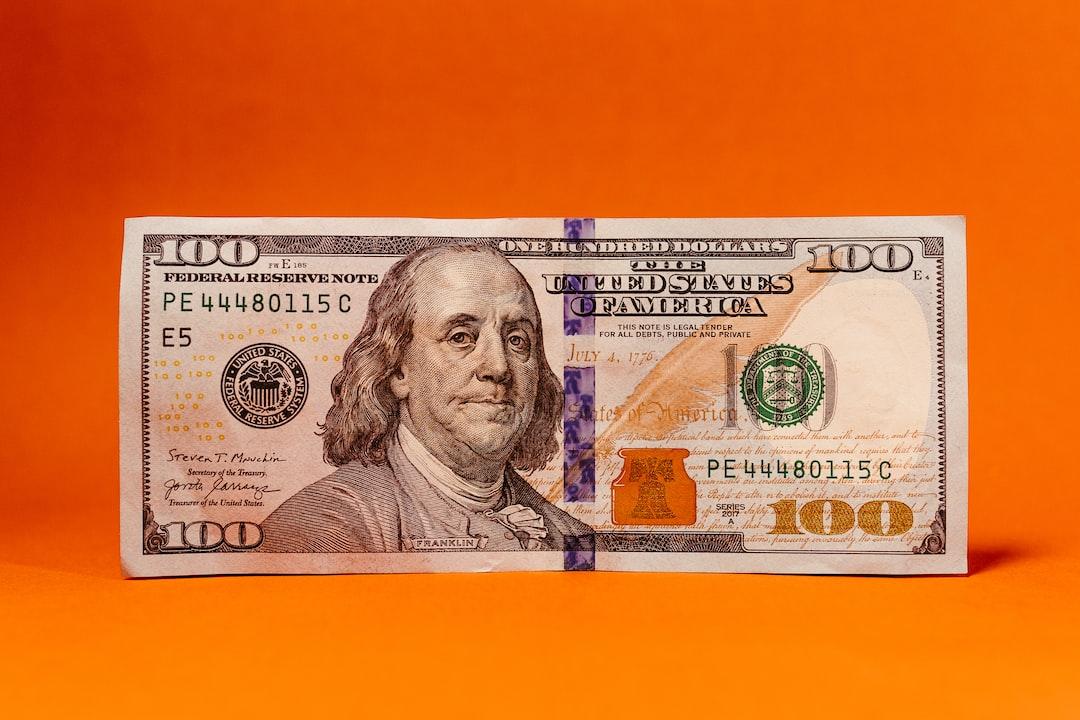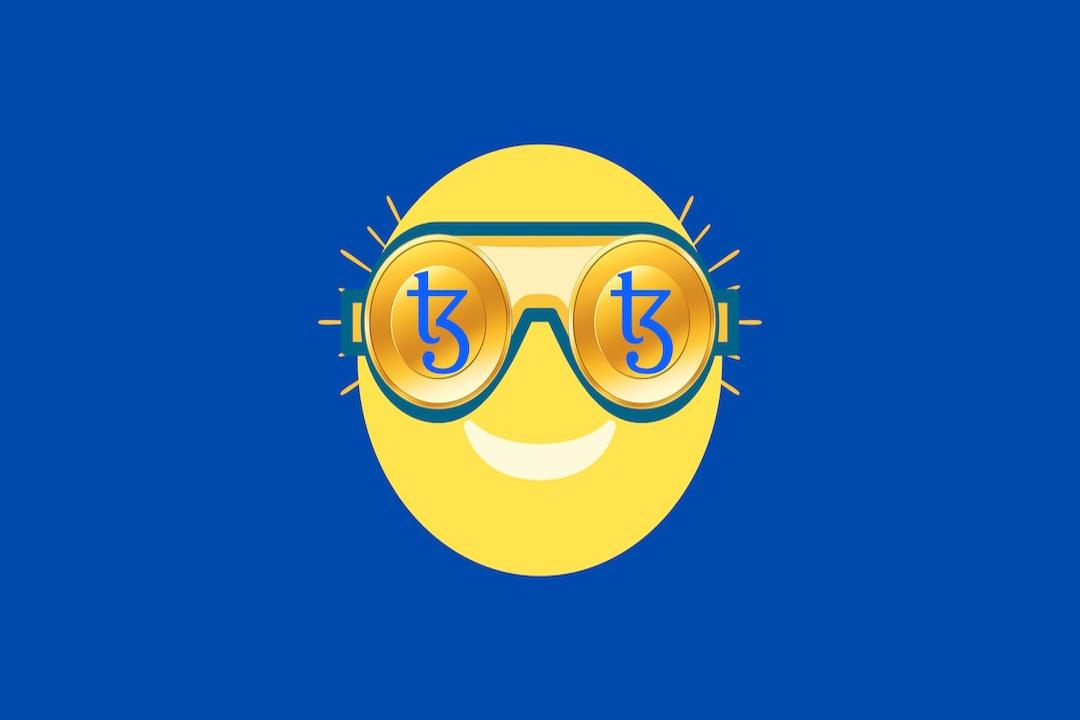Russian President Vladimir Putin announced that more than 85% of trade within the Commonwealth of Independent States (CIS) is now conducted in national currencies, highlighting a move toward greater financial independence. This development is part of broader efforts by CIS countries to reduce reliance on foreign economic systems, particularly imports, and to build resilient financial infrastructures.
Putin Highlights National Currency Trade Boom Among CIS States
Russian President Vladimir Putin has stated that the share of national currencies in trade transactions among Commonwealth of Independent States (CIS) countries has surpassed 85%. Speaking at the CIS summit in Moscow on October 8, Putin emphasized that member states are working together to create financial infrastructures that are resistant to external pressures. He noted:
The use of national currencies is widening in mutual payments; their share in commercial operations among CIS participants has already been above 85%.
The CIS is an organization comprising several post-Soviet republics that formed after the dissolution of the Soviet Union in 1991. Its member states include Russia, Belarus, Kazakhstan, Armenia, and several others, with a focus on fostering economic, political, and military cooperation among the former Soviet countries. Putin also highlighted the ongoing growth of the use of national currencies, stating that the trend continues to rise.
In addition to this, he pointed out the rapid progress in reducing reliance on imports, contributing to Russia’s technological independence. Putin said:
The process of import phase-out is moving quickly, and thus the technology sovereignty of our country is being strengthened.
His remarks reflect the broader efforts of CIS countries to reduce external dependencies and promote regional economic collaboration.
What do you think about CIS countries moving towards trade dominance using national currencies and strengthening their technology sovereignty? Let us know in the comments section below.






